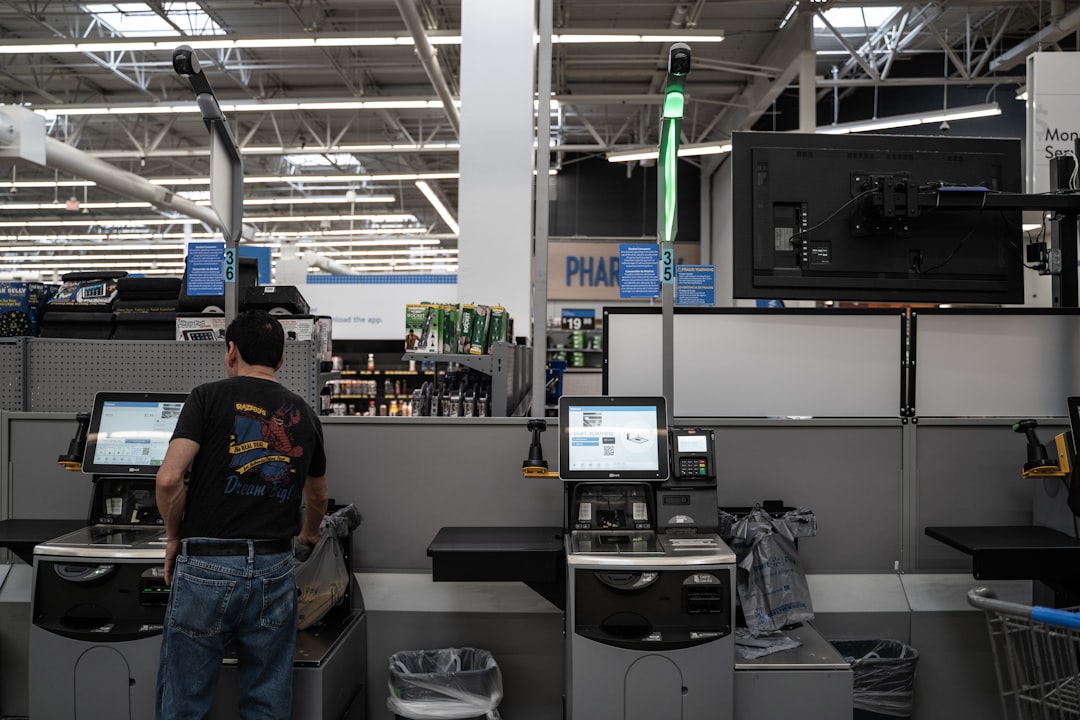No products in the cart.
Gen Z Faces Job Market Freeze Amid AI and Automation
Gen Z faces unprecedented hiring challenges in 2025, as automation and a 'No Hire, No Fire' economy lock them out of the job market.
In the digital landscape of 2025, a new specter looms over the job market: the combination of automation and a chillingly termed “No Hire, No Fire” economy. For many Gen Z graduates, this means entering a workforce that seems increasingly inhospitable. The hope of landing that coveted first job is dimmed by the reality of a system that prefers to hold onto existing employees rather than invest in fresh talent.
As they don their caps and gowns, the class of 2025 finds itself in a paradox. The world is more connected than ever, and technology has advanced at breakneck speed. Yet, for many new graduates, the doors to opportunity feel firmly shut. With companies tightening their belts in uncertain economic climates, the mantra has shifted. Employers are opting to retain their current workforce rather than hire new talent, citing the need for stability in a rapidly changing landscape.

According to a recent study by the National Association of Colleges and Employers, the hiring rate for new graduates has plummeted by 20% compared to pre-pandemic levels. This trend is particularly pronounced in sectors traditionally open to fresh talent, such as marketing, IT, and even the arts. [1] The irony is stark: while technology continues to evolve, the human element of hiring is being sidelined.
But why this reluctance to hire? The answers are as multifaceted as the graduates themselves. Companies are increasingly investing in automation and artificial intelligence (AI) technologies, tools that promise to streamline operations and cut costs. However, this shift often comes at the expense of entry-level positions. Automation is reshaping industries, and while it offers efficiency, it simultaneously reduces the number of roles available for those just starting their careers.
Automation is reshaping industries, and while it offers efficiency, it simultaneously reduces the number of roles available for those just starting their careers.
Consider the story of Maya, a recent graduate in computer science. With her degree in hand, she envisioned a future filled with possibilities. Instead, she finds herself navigating a maze of online applications, each one more discouraging than the last. “It’s disheartening to see companies that used to hire interns and entry-level employees now relying on algorithms and AI to do the work that we were trained for,” she shares. For Maya, the promise of technology has morphed into a barrier.
Moreover, the existing workforce is reluctant to exit the job market. With economic uncertainties and rising living costs, many employees are opting for security over the risk of change. The result? A stagnant job market where the old guard remains firmly entrenched. This dynamic creates a perfect storm, where the fresh ideas and perspectives of new graduates are overshadowed by the experience and familiarity of seasoned employees.
Yet, while the situation appears dire, there are glimmers of hope. Some organizations are recognizing the importance of nurturing new talent. Companies like Google and Microsoft have launched initiatives aimed at integrating recent graduates into their workforce, focusing on mentorship and development programs. These efforts not only provide opportunities for new hires but also enhance the overall culture of innovation within the company. [2]
Additionally, the gig economy is thriving, providing alternative pathways for recent graduates. Freelancing and contract work offer flexibility and the chance to build a portfolio, albeit without the traditional benefits of full-time employment. Many young people are turning to platforms that facilitate gig work, allowing them to gain experience while navigating the rocky terrain of the permanent job market.
As this landscape shifts, it’s crucial for educational institutions to adapt as well. Schools are increasingly focusing on teaching practical skills that align with current job market demands. Programs emphasizing coding, data analysis, and digital marketing are gaining traction, equipping students with the tools they need to thrive in an automated world.
However, this raises a critical question: Is the education system keeping pace with the rapid evolution of work? Are we preparing students for a future that increasingly values adaptability over traditional qualifications? These are questions that educators, policymakers, and employers must grapple with to create an inclusive job market.
Companies like Google and Microsoft have launched initiatives aimed at integrating recent graduates into their workforce, focusing on mentorship and development programs.
Looking ahead, the key to unlocking opportunities for Gen Z may lie in fostering collaboration between businesses and educational institutions. By creating partnerships that provide internships, apprenticeships, and mentorship programs, both sectors can work together to bridge the gap between education and employment.
As the job market continues to evolve, it’s vital for young professionals to remain resilient and adaptable. While the path may be fraught with challenges, there remain avenues for success. The journey may not be straightforward, but with creativity and determination, new graduates can carve out their own niches in this complex landscape. In the end, the future of work is not just about technology; it’s about people—and the stories they bring to the table.











